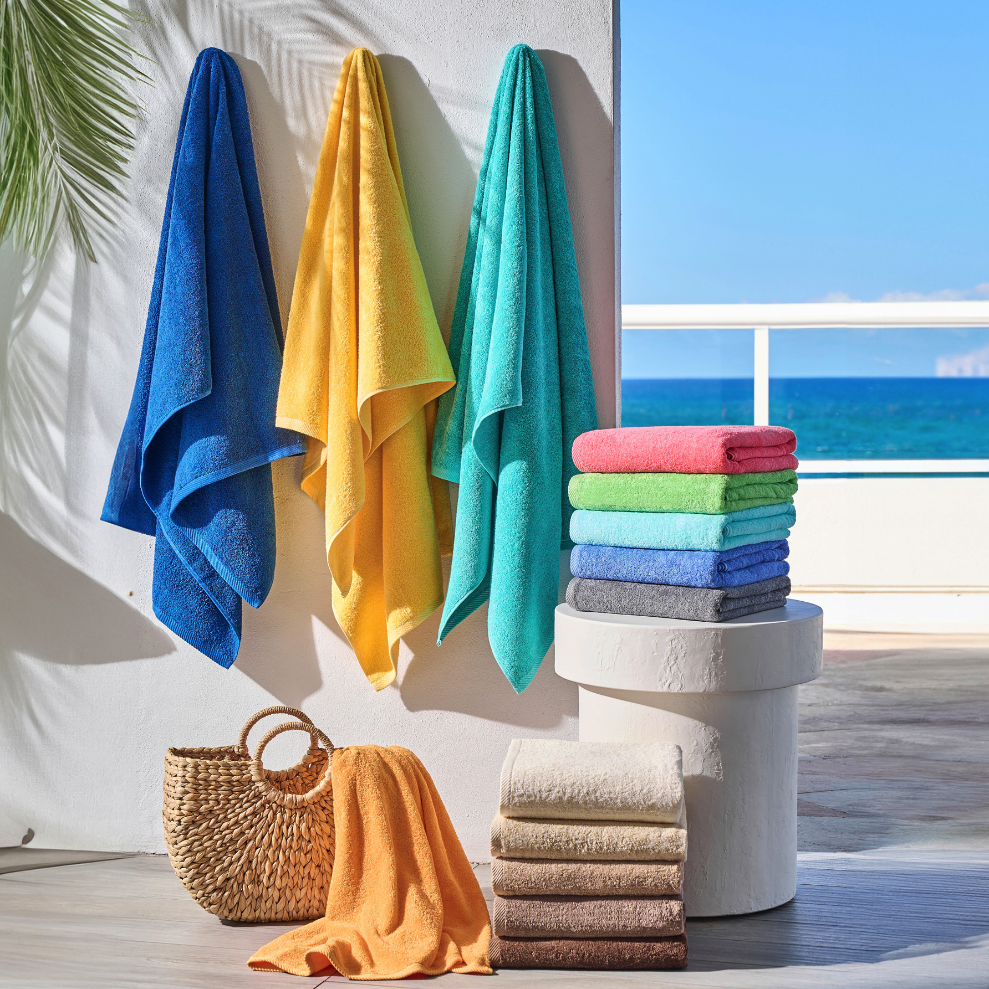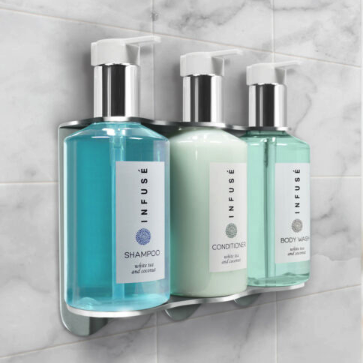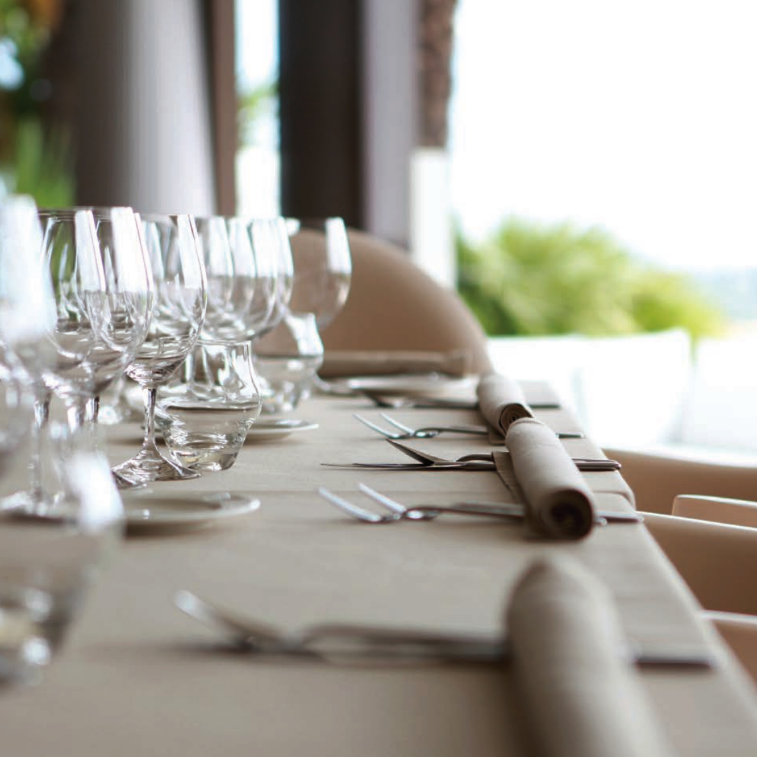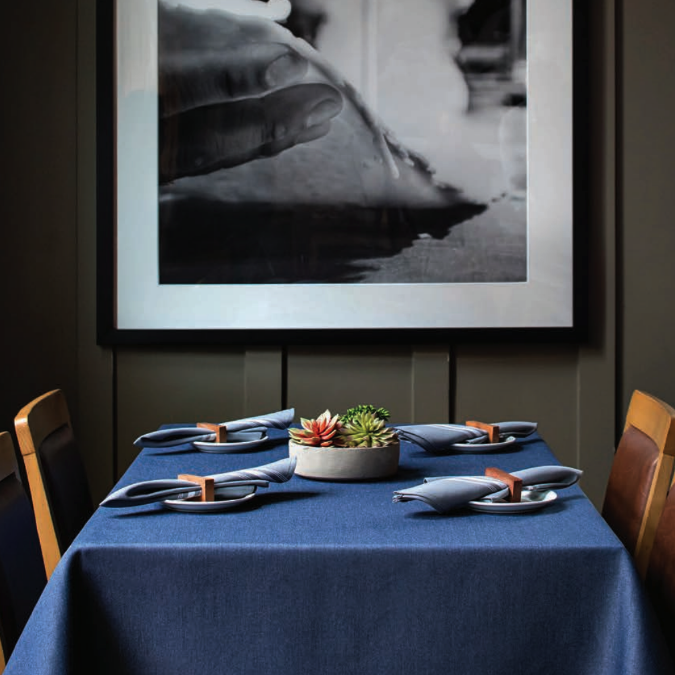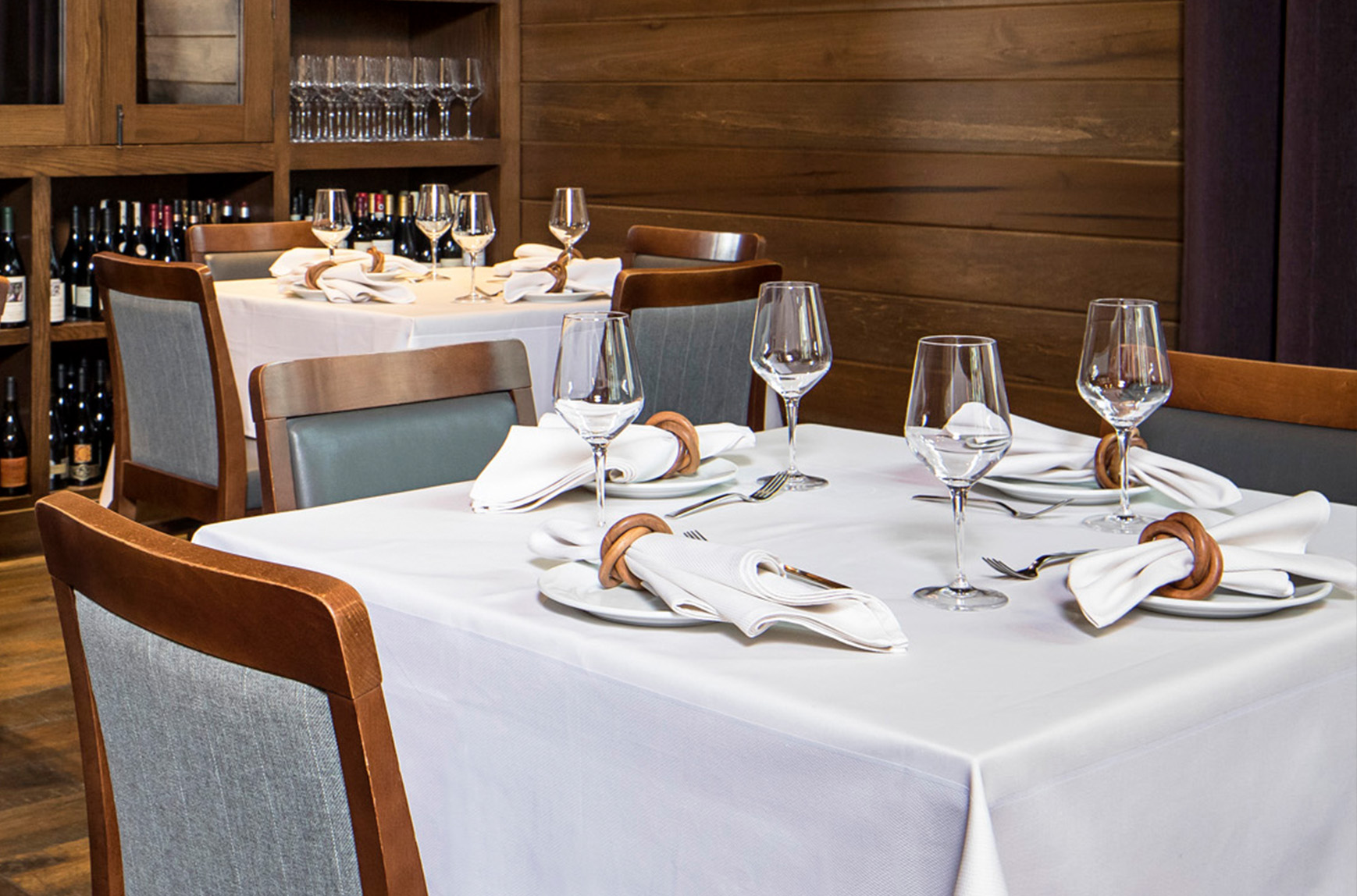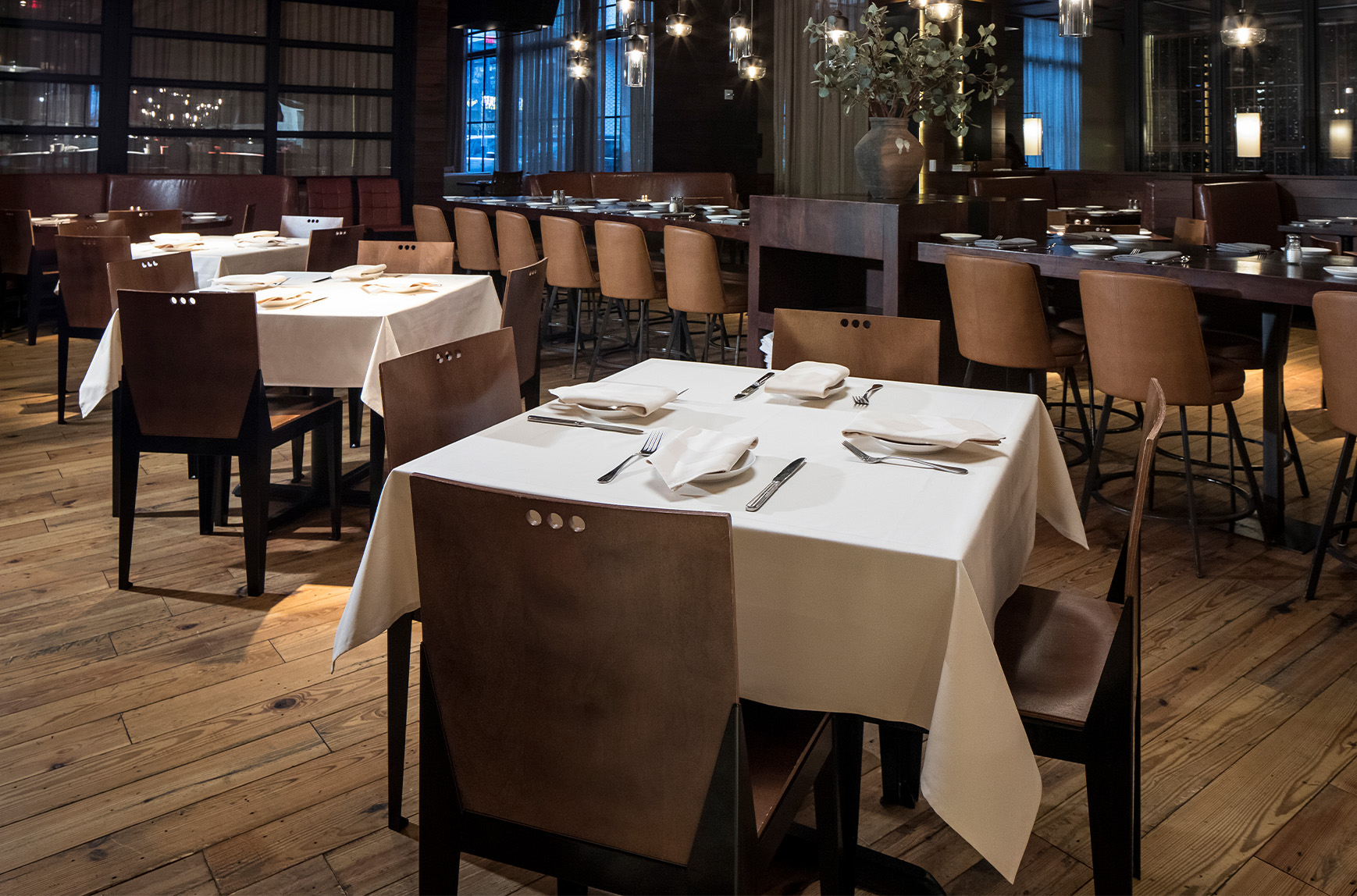Home / Company Updates / The Post-pandemic Travel Surge: Where It’s At And Where It’s Headed
In 2020, COVID-19 ravaged the travel and hospitality industries. However, its only effect on people’s desire to travel was to make that desire stronger than ever — guaranteeing a major resurgence as soon as it becomes possible.
With the end in sight, here’s what’s happening now with business and leisure travel, as well as our predictions of when and how to implement your reopening strategy.
Leisure Travel
After 18 months of lockdown, people are experiencing a huge, pent-up need to escape from their own homes, get together with family, and celebrate events such as weddings and national holidays. These statistics from a March 2021 International Air Transport Association (IATA) survey tell the story:
- 72% of respondents want to travel to see family and friends as soon as possible
- 68% feel that their quality of life is suffering because of travel restrictions
- 57% expect to be traveling within two months of pandemic containment

Road trips were the way to go last summer and will be even more popular in 2021. In a TripIt survey:
- 83% of respondents will be ready to travel in a personal car by June
- 60% will be OK with a rented car or RV in that same timeline
- 60% plan to take Memorial Day, Fourth of July, and Labor Day road trips
- 68% of Americans, 61% of Germans, and 91% of Chinese say they will take more nature/outdoor trips, according to a Statista/ITB Berlin survey
- Jellystone Park, which has about 80 family campground franchise locations in the U.S. and Canada, has seen a 150% increase in advance reservations
- Beach holidays are a preference for 36% of Americans, 34% of Germans and 42% of Chinese in the Statista/ITB Berlin survey
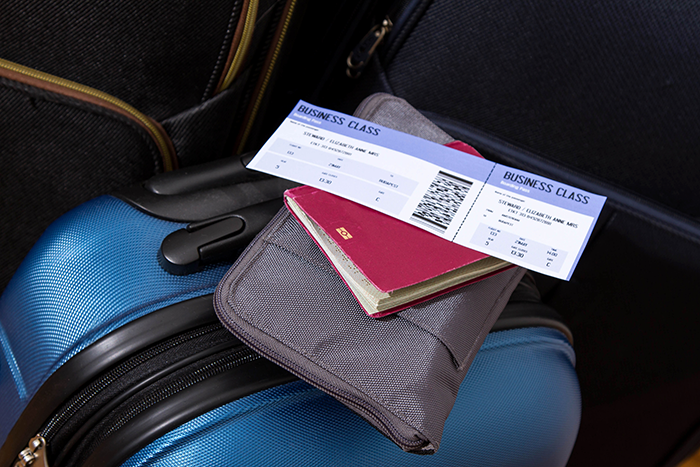
Earlier this year, great airfare deals attracted some travelers despite infection fears. While the price breaks are expected to end soon, air travel demand will continue to grow throughout the rest of 2021. Likewise, most of the cruise industry is still subject to government or self-imposed restrictions, but public interest in cruising is already on the upswing.
Where will leisure travelers be staying during their getaway? Respondents to Statista/ITB Berlin said:
- A hotel stay is planned by 56% of Americans, 42% of Germans, and 86% of Chinese
- Staying with family/friends is preferred by 33% of Americans and Germans, 16% of Chinese
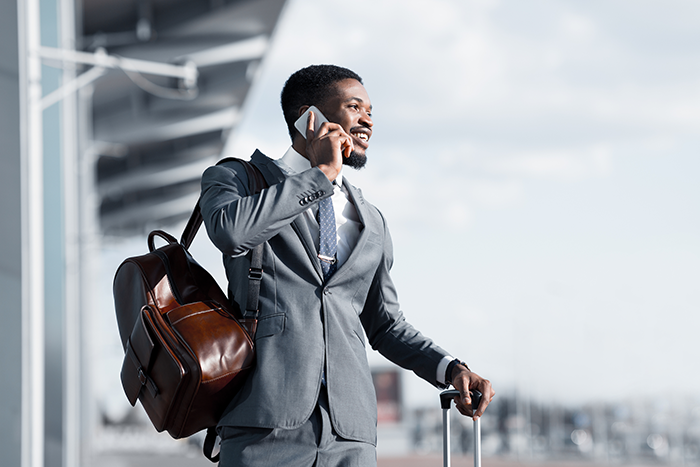
Business Travel
As remote work and Zoom conferencing seem to be staying with us for a good long while, if not permanently, business travel will make a slower recovery than leisure travel. We can be sure that road warriors worried for their client relationships will eventually get back out there, yet the current findings of the Statista/ITB Berlin survey are less favorable.
- 34% of Americans, 27% of Germans, and 51% of Chinese are planning a business trip in 2021
- 66% of Americans, 65% of Germans, and 63% of Chinese have long-term plans to take fewer business trips
In the IATA survey, 62% said they are less likely to travel for business even after coronavirus containment; however, that’s down from 72% in September 2020.
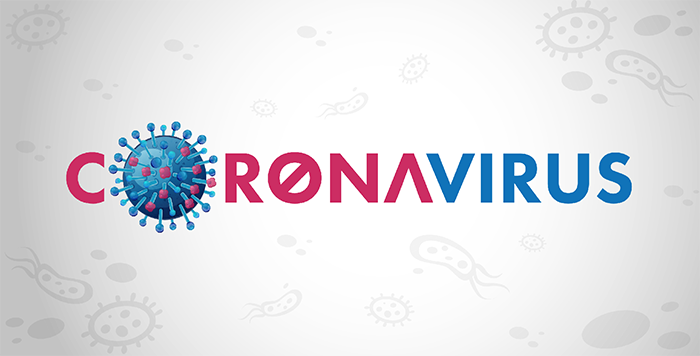
CONTINUING PANDEMIC IMPACTS
Travel restrictions, vaccination status, and personal safety risks are still the deal-breaker for many would-be travelers. In the IATA survey:
- 81% will be more likely to travel after they are vaccinated
- 84% won’t travel if there’s a chance of quarantine at their destination
- 84% believe COVID-19 will never completely go away, and we need to control risks while living and traveling normally
In the Statista/ITB Berlin survey:
- 34% of Americans, 50% of Germans, and 56% of Chinese not traveling in 2021 cite personal safety as the reason
- 21% of Americans, 23% of Germans, and 45% of Chinese are staying home because of travel restrictions
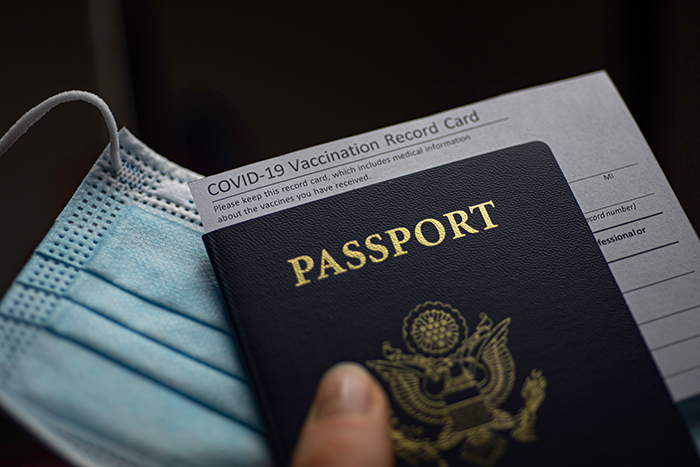
However, new health credentials may meet resistance from travelers, with concerns focused on data security, efficiency, and political freedoms. When the IATA floated the idea of a travel pass, responses included:
- 80% like the idea and would use it as soon as available
- 89% say government vaccine and testing certificates need to be globally standardized
- 78% will only use a travel credential app if they have full control over their data
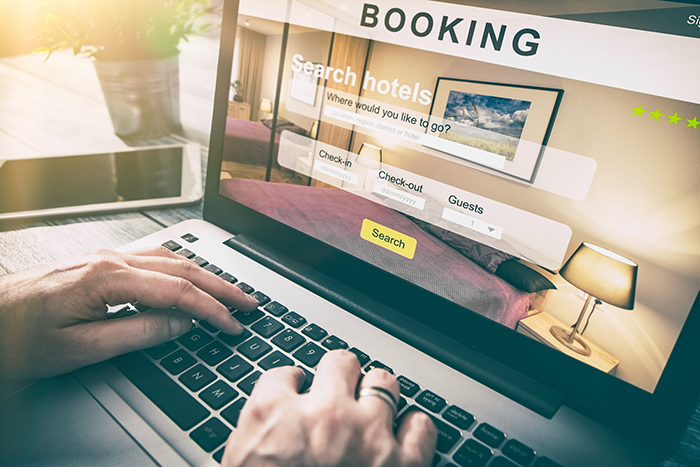
The last pandemic-related factor we must mention is the economy. In the IATA survey, 56% of respondents said that they will postpone travel until the economy stabilizes. At the moment, many leisure trips are being financed by government stimulus checks; but of course, that won’t last.
Currently, bookings are occurring less than 30 days — and often one week — in advance of the stay. This booking window is predicted to lengthen as traveler confidence grows.
Are You Ready For The Surge?
As the hotel industry recovers from the COVID-19 shutdown, there are several things to keep in mind, foremost of which is the continuing need for sanitation measures. At Riegel / T-Y Group & Harbor Linen, we’re geared up to partner with you in making your guest and public areas safe for returning visitors.
Antimicrobial encasements protect pillows and duvets from exposure, as well as reducing the frequency of cleaning or replacement necessary. Guests want to know the highest of measures have been taken where they lay their heads at night.

Sanitation supplies range from guest check-in kits to hand sanitizer
Personal protective equipment includes face masks, slippers, and gowns
Don’t forget, we also now offer fine quality table linens for hotels, restaurants, and linen rental suppliers, thanks to our Riegel / T-Y Group & Harbor Linen merger which you can read about here. Placemats offer a sanitary, quick-change alternative while pandemic fears still linger among guests. Polyester blended napkins can endure more rigorous washing and maintain their color longer.
These are just a few of the ways that we can support your timely, cost-efficient reopening. We’re your one-stop shop for every guest need — for as long as the coronavirus lasts and beyond.
Table of Contents
Join the 1C Family as your Trusted Luxury Linen Provider
Featured Products
Choose from 14 Luxury Hotel Towel and Pool Towel Collections. We offer 100% Cotton, Cotton-Polyester blend, Pima, and Bamboo. From quick-drying absorbent towels to intricate borders and weaves, we have the right towel collection for you!
We offer a wide selection of luxury hotel sheets, bedding, blankets, and pillows in various qualities to suit your specific needs. Whether you’re looking for premium cotton sheets, soft and durable blankets, or plush pillows, we have options that ensure both comfort and elegance for your guests.
Our premium bathrobes can be found and many luxury hotels and spas, adding a touch of elegance and comfort to your guest experience. We also offer a range of guest room amenities.


